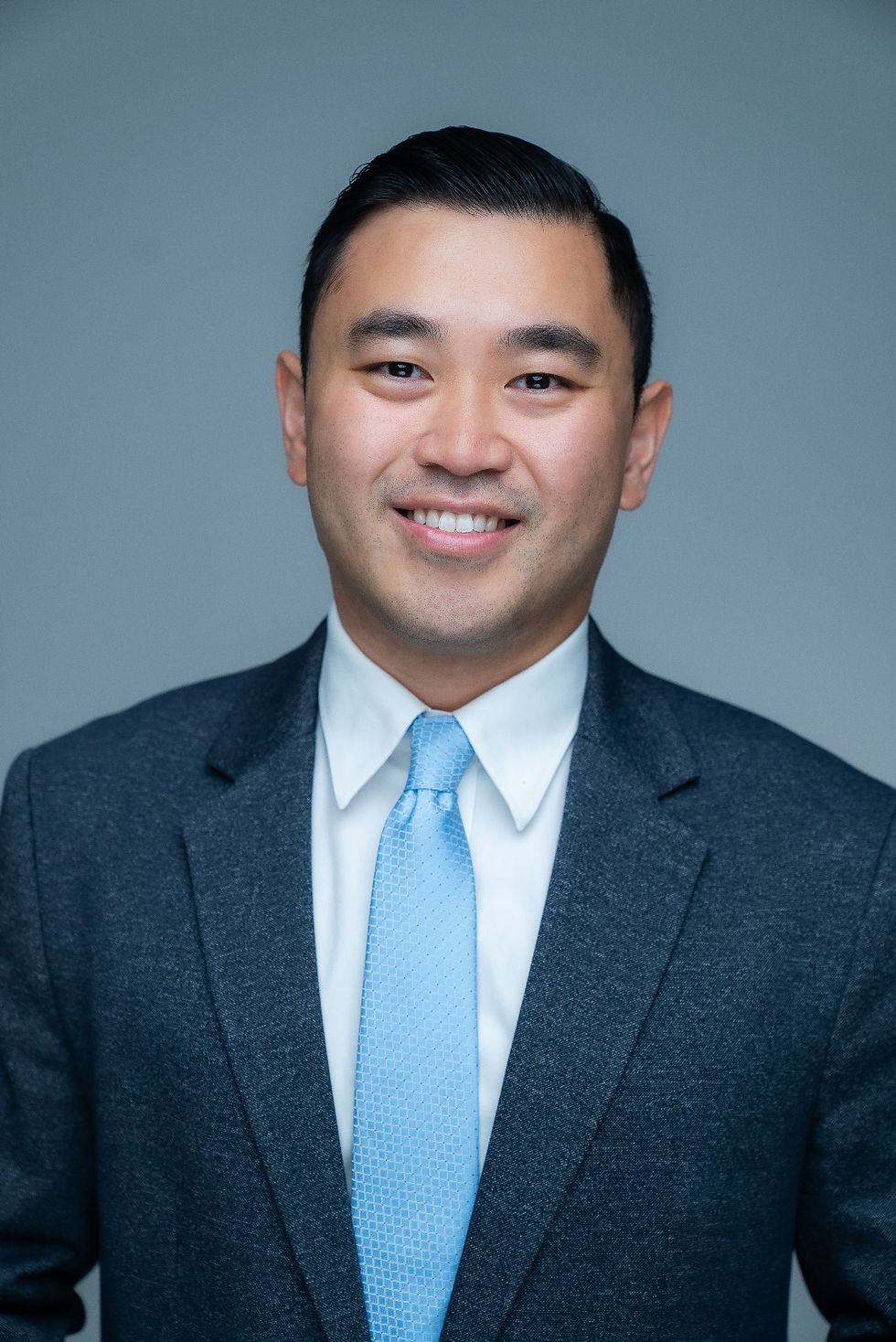The Future of Work in Web3: How Crypto Entrepreneurs Redefine Business Structures
- David Wang

- Mar 30, 2025
- 3 min read
BLOG POST
Berlin, Germany – 30th March 2025
The evolution of Web3 has given rise to a radical shift in how organizations are structured, operated, and scaled. Crypto-native businesses, including DAOs (Decentralized Autonomous Organizations), are redefining work dynamics by challenging traditional corporate hierarchies and rigid employment structures. Open DeSci, a truly decentralized organization, embodies these principles by enabling global collaboration and fluid participation in decentralized events and conferences across different continents.
This article explores how crypto entrepreneurs are shaping the future of work by comparing Web3-native organizations to traditional firms. Additionally, we propose scalable talent management models suitable for decentralized organizations.
Key Differences Between Traditional Firms and Crypto-Native Organizations
Feature | Traditional Firms | Crypto-Native Organizations (DAOs) |
Structure | Hierarchical, centralized | Decentralized, autonomous |
Decision-making | Top-down, executive-driven | Community voting, token governance |
Work Environment | Office-based or hybrid | Remote-first, global |
Compensation | Salaries, bonuses, stock options | Tokens, stablecoins, bounties |
Talent Acquisition | HR-driven, full-time employment | Open participation, freelance, reputation-based |
This fundamental shift highlights how DAOs and crypto-native businesses enable global collaboration, flexible work arrangements, and meritocratic compensation models.
The Rise of DAOs as New Organizational Models
Decentralized Autonomous Organizations (DAOs) represent a groundbreaking shift in corporate governance. Unlike traditional firms, DAOs operate on smart contracts and community governance models, eliminating centralized control.

Advantages of DAOs:
Transparency: Smart contracts enable auditable, tamper-proof decision-making.
Meritocratic Participation: Contributors are rewarded based on output rather than job titles.
Borderless Talent Pool: Anyone with internet access can contribute, irrespective of location.
Challenges:
Legal Uncertainty: Many jurisdictions lack regulatory clarity on DAOs.
Coordination Complexity: Fully decentralized decision-making can slow execution.
Scalability of Compensation Models: Token-based compensation faces volatility issues.
Remote-First Work Cultures vs. Traditional Employment
Web3 organizations prioritize remote-first work cultures, fostering global collaboration without the constraints of physical office spaces.
Traditional Employment vs. Remote-First Work
Benefits of Remote-First Web3 Organizations
Access to Global Talent: Companies can hire the best talent from anywhere, reducing dependency on local labor markets.
Asynchronous Workflows: Contributors operate in different time zones, optimizing productivity across a 24-hour cycle.
Increased Work-Life Balance: Employees and contributors set their own schedules, fostering autonomy and motivation.
Challenges:
Lack of Face-to-Face Interaction: Remote work can reduce team bonding and real-time collaboration.
Security Risks: Managing cryptographic keys, securing digital assets, and preventing phishing attacks require sophisticated security measures.
Compensation Models in Web3: Tokens, Stablecoins, and Salaries
Web3 organizations experiment with diverse compensation models to incentivize contributors effectively. Unlike traditional firms that rely on fixed salaries, crypto-native businesses use hybrid payment structures.
Three Common Compensation Models:
Token-Based Compensation:
Contributors are paid in governance or utility tokens.
Encourages long-term alignment but introduces volatility.
Stablecoin Salaries:
Reduces volatility risk by paying in USDC, DAI, or other stablecoins.
Balances decentralization with financial stability.
Hybrid Model:
Mix of stablecoin salaries and token-based incentives.
Provides predictability while maintaining upside potential.
Open DeSci: A Truly Decentralized Organization for Global Collaboration
Open DeSci exemplifies a Web3-native work model, leveraging a distributed team to manage decentralized events and research initiatives worldwide. Unlike traditional firms with regional headquarters, Open DeSci operates through a global network of contributors.
Global Presence at Key Web3 Events
Our distributed team ensures Open DeSci stays at the forefront of innovation:
Europe & Asia: Our founders will attend major events in 2025, including Consensus Hong Kong, Crypto Expo Europe, and TOKEN2049 in Dubai.
Americas: Our CTO will cover the USA and Latin America, attending ETH Denver to engage with cutting-edge blockchain research and development.
Cross-Continental Knowledge Exchange: Team members participate in Superteam Solana initiatives and collaborate with leading projects to stay ahead of industry trends.
This decentralized event strategy ensures that Open DeSci remains agile, innovative, and deeply integrated into the Web3 ecosystem.
Conclusion
Crypto-native businesses are redefining work structures by prioritizing decentralization, transparency, and flexibility. As DAOs and remote-first cultures gain traction, traditional firms must adapt or risk obsolescence. Compensation models are also evolving, with stablecoins and token-based rewards replacing traditional salary structures.
Open DeSci serves as a prime example of how decentralized organizations can thrive in the Web3 era by leveraging global talent, borderless collaboration, and innovative compensation mechanisms. The future of work in Web3 is not just about technology—it’s about reimagining how humans collaborate, contribute, and create value in a decentralized world.
 | David Wang is the founder of the OpenDeSci Foundation, a decentralized platform using blockchain and AI to transform global scientific collaboration. OpenDeSci empowers researchers with transparent knowledge sharing, equitable funding, and accelerated innovation. With a strong track record in strategy consulting and private equity, David has advised Fortune 500 companies on transformation, M&A, and value creation. An early adopter of blockchain, he drives innovation in Web3 and emerging technologies, bridging business and technology to accelerate digital transformation and investment growth. |




Comments